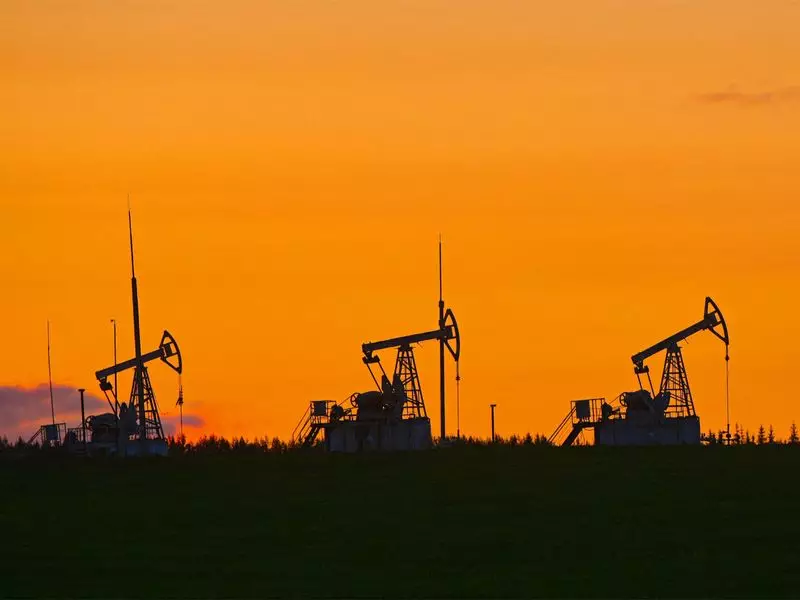
In a bold strategic move that signals a fundamental shift in Europe's energy landscape, European Union member states have reached a historic consensus to implement a comprehensive ban on all Russian energy imports, with the prohibition set to take full effect from January 2028.
The Final Countdown Begins
The decision, reached after intensive negotiations among the 27 EU nations, establishes a clear timeline for Europe's complete energy decoupling from Russia. This sweeping ban encompasses all forms of energy resources, including:
- Crude oil and petroleum products
- Natural gas in both pipeline and liquefied forms
- Coal and solid fossil fuels
- Nuclear energy materials
Strategic Realignment in European Energy Policy
This landmark agreement represents the most significant energy policy shift in Europe since the beginning of Russia's invasion of Ukraine. The four-year transition period provides EU member states with sufficient time to:
- Diversify energy supply sources through new international partnerships
- Accelerate investment in renewable energy infrastructure
- Implement energy efficiency measures across industries and households
- Develop strategic energy reserves and storage capabilities
Economic and Geopolitical Implications
The phased approach acknowledges the varying degrees of dependency different EU nations have on Russian energy resources. While some countries had already significantly reduced their Russian imports, others required more time to restructure their energy supply chains.
This collective action demonstrates Europe's commitment to achieving energy sovereignty while simultaneously applying sustained economic pressure on Russia. The move is expected to:
- Accelerate Europe's green energy transition
- Stimulate investment in alternative energy infrastructure
- Reshape global energy trade patterns
- Strengthen Europe's geopolitical positioning
The 2028 deadline provides a clear framework for European industries and governments to plan their energy transitions strategically, ensuring energy security remains uncompromised during this historic shift away from Russian supplies.





